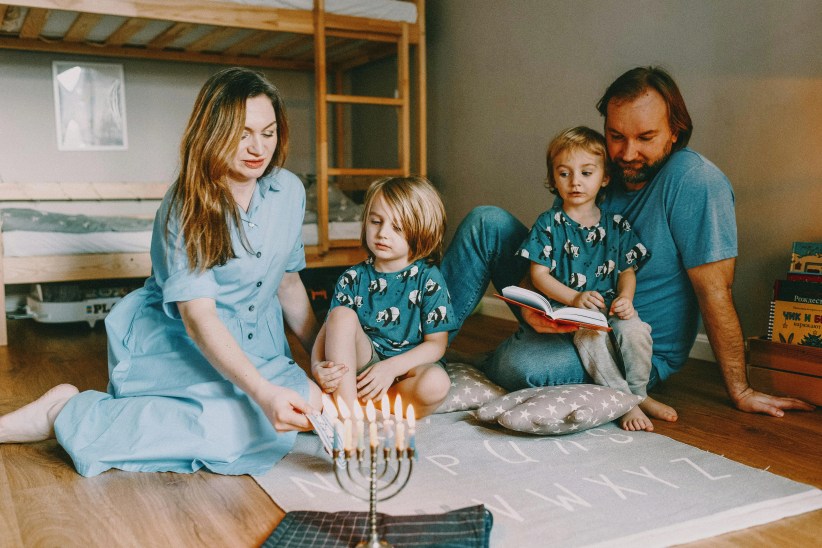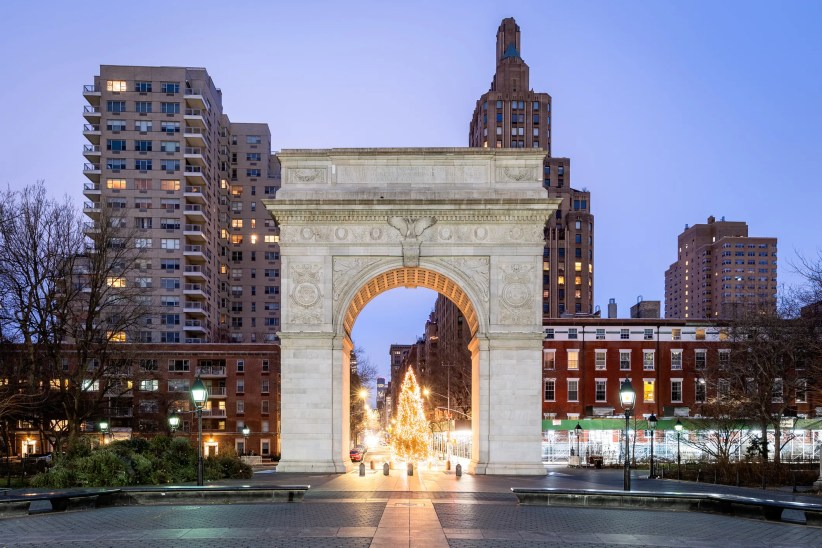The International Judo Center (IJC) in Flushing welcomes kids and adults for Judo training sessions. The IJC functions as an after-school center that is open to a young person’s every need– whether that is practicing Judo or looking for guidance with a personal issue.
The IJC offers a study corner for kids to do their homework or socialize as well as peer-to-peer initiatives that encourage young people to help one another in overcoming problems, anxieties, conflicts, and academic difficulties. In terms of their Judo training, the center’s athletes apply a great deal of dedication and discipline. They regularly compete on state, regional, national, and international levels while maintaining a high level of academic excellence at school.
Classes are held on the mats, which are maintained in excellent condition, thanks to the daily efforts of the staff and students. The center is operated by head Sensei Saro Balagezyan, fourth degree black belt, Pan-American Continental Coach, International Judo Referee, and president of the International Judo Center Student-Athlete Support Services, Inc. (IJC SASS). He devotes the greater part of his free time in the evenings to coaching. Saro has trained Judo his whole life, since he was eight years old. Judo has served him as a way of keeping his physical and mental health in check while quieting the stresses of everyday life in New York City. He began by donating his time at a local Judo school in Rego Park in 2007. It was a natural progression for Saro to start coaching.
Judo is a modern martial art derived from Jiujutsu. However, its principles of physical, mental, and moral pedagogy were extended to create a “gentle way” to face off against an opponent. It uses grappling, pinning and throwing techniques in competition, which call for a constant adjustment of movement and strategy, while remaining constantly aware of each opponent’s integrity. Concepts that are central to the philosophy of Judo include the idea that one should apply minimum effort with maximum efficiency to achieve the upper hand while acknowledging the importance of mutual welfare and benefit for both opponents.
In Judo, it is also imperative to accept the possibility that “softness” can win over “hardness.” Ultimately, a seemingly weaker opponent can overtake a more rigid one by throwing them off balance through this softer technique. The skills acquired through Judo training carry over into every other realm of life, providing young people with a lasting strategy for dealing with many of the obstacles that life throws their way. These are the tools that shape the confident, determined, empathetic and vibrant members of our community today and the future leaders of tomorrow. The respect shown to our opponent after each bout is a symbol of the respect we should hold for everyone, regardless of who wins and who loses.
International Judo Center
35-22 150th Place
646-779-5836
ijcnyc.com





















